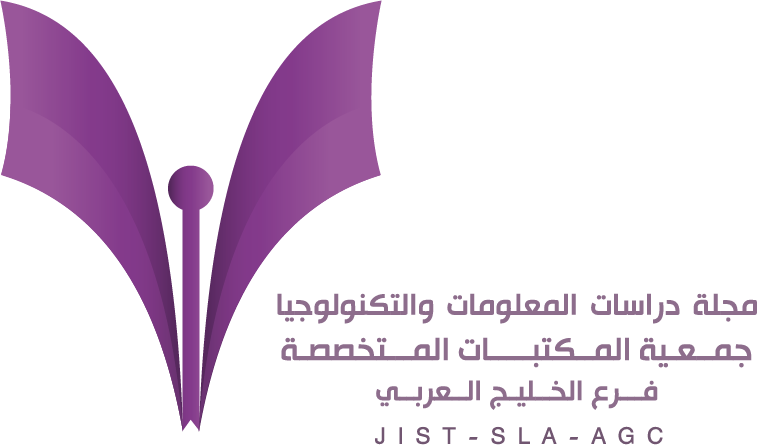-
oa تقييم فعالية أداة الذكاء الاصطناعي ChatGPT-4 في تصميم منهجية علمية للأبحاث العلمية: دراسة تجريبية
- Source: Journal of Information Studies & Technology (JIS&T), Volume 2025, Issue 1, Mar 2025, 5
-
- 24 June 2024
- 30 December 2024
- 31 March 2025
Abstract
الملخص
تهدف الدراسة الحالية إلى تقييم فعالية أداة الذكاء الاصطناعي ChatGPT-4 في تصميم المنهجيات العلمية للأبحاث، وتطوير مهارات البحث العلمي باستخدام هذه التقنيات، بالإضافة إلى تحديد التحديات التي يواجهها ChatGPT-4 في تحسين مهارات البحث العلمي لدى الباحثين. اعتمدت الدراسة على المنهج التجريبي مستخدمةً أداة قائمة المراجعة (checklist) لجمع البيانات وتحليلها. من أبرز النتائج التي توصلت إليها الدراسة أن ChatGPT-4 يظهر قصورًا في تصميم منهجيات بحث علمي فعّالة باللغة العربية، وذلك بسبب عدم تقديمه للدعم بنفس الكفاءة المتوفرة للغة الإنجليزية. هذا القصور يؤثر على قدرة الأداة في توفير الدعم السريع والدقيق لإعداد الأبحاث باللغة العربية بنفس المستوى الذي تقدمه للأبحاث باللغة الإنجليزية. بناءً على هذه النتائج، توصي الدراسة بضرورة تحسين دعم ChatGPT-4 للغة العربية ليصل إلى مستوى الكفاءة والسرعة المتاحة للغة الإنجليزية. كما توصي بتعزيز استخدام ونشر تطبيقات الذكاء الاصطناعي في البحث العلمي، مع الالتزام بالأخلاقيات البحثية في جميع مراحل إعداد البحث.
The current study aims to evaluate the effectiveness of the artificial intelligence tool ChatGPT-4 in designing scientific research methodologies and developing research skills using these technologies. Additionally, it seeks to identify the challenges ChatGPT-4 faces in enhancing researchers' scientific research skills. The study employed an experimental approach, utilizing a checklist tool for data collection and analysis. One of the key findings of the study is that ChatGPT-4 exhibits shortcomings in designing effective research methodologies in Arabic. This is due to the tool not providing support with the same level of efficiency as it does for English. This limitation affects the tool's ability to offer quick and accurate support for preparing research in Arabic at the same standard as it does for English. Based on these findings, the study recommends improving ChatGPT-4’s support for the Arabic language to reach the level of efficiency and speed available for English. It also suggests promoting and expanding the use of artificial intelligence applications.


